The Communist Party of China is different from Western political parties by nature
The fundamental nature of Chinese civilization adapts the concept of "political party" to the Chinese context in the same way. The thought of unification played a key role in ancient China. The concepts of unification, cohesion, unity and discipline are passed down the history to today, and they have transformed the concept of "political party" in nature and attributes in China. Western political parties, more often than not, only represent the interests of some interest groups or privileged strata. For example, the British Conservative Party was Tory party which represented the interests of land aristocrats and upper classes in the earlier period, and now it still represents that of upper classes and capitalists after hundreds of years. The Labor Party, the rival of it, has 90% of its members coming from the trade union. So they only represent the interests of some people. On the contrary, the CPC represents the fundamental interests of the overwhelming majority of the Chinese people all the time, without any special interests for itself. So we can say it is different from western political parties by nature.
The CPC is committed to its fundamental purpose of wholeheartedly serving the people. However, several questions would be derived from “serving the people” in Europe, e.g. which groups of people have priority in receiving the service and how they will be served. As a result, different parties come into being. For example, most politicians think European integration is beneficial to the European people, but the path to that goal caused some right-wing European political parties to break away from the EPP in the European Parliament and set up European Conservatives and Reformists (ECR). Another example is the UK. Some British politicians’ arguments on the issue of Brexit led to divisions inside the Conservative Party, and two prime ministers were forced to resign. The UK held the general election ahead of time and some members even chose to break away from the Conservative Party and set up UKIP. Later, due to the Brexit process in dispute,Brexit Party split from the UKIP.
The CPC keeps stricter discipline than western political parties. Let’s only compare the CPC and the British political parties. A report of the House of Commons points out that 52% of UKIP members, 51% of the Scottish National Party (SNP) members, about 33% of the Conservative Party members and Liberal Democrat Party members, and 23% of the Labor Party members attended one party meeting from 2012 to 2017. Only 49% of the conservative members signed the petition supporting the policy of their political party. Less than half of the liberal democrats, about 37% of the conservative members and 28% of the Labor Party members handed out party leaflets before elections. By comparison, every CPC member, irrespective of position and industry/sector, must join a branch, group, or other given unit of the Party; participate in regular activities of the Party organization; and accept the oversight of the people both within and outside the Party. A large number of facts can testify that CPC members are more serious and disciplined than their counterparts of British parties.
Democracy adapted for the Chinese context
Democracy was likewise adapted for the Chinese context after being introduced to China because of the fundamental nature of Chinese civilization. A well-established view in Chinese civilization is to pursue the most appropriate state in one’s words and deeds, namely the “golden mean”. Democracy is often comparative. Excessive democracy will cause chaos in the society and low efficiency in actions. For example, in the containment of the Covid-19 epidemic, the low efficiency in the western democratic system is evident. The so-called "democracy" in the West hindered the process of bringing the epidemic under control in a prompt and efficient manner when it was rampant across the globe. The consequence was that the epidemic spread more quickly.
The reason for this problem is lack of communication and consultation with the public during the process of decision-making, which led to imbalance between centralized decision and democracy. Demonstrations caused social disorder and even violence, and this is a result of abuse of freedom.
In Chinese culture, democracy and centralization are comparative, so are freedom and discipline. They are contradictory and unified, requiring checks and balances. Democracy finally developed into the democratic centralism in China. Major decisions are subject to voting, individual Party members defer to Party organizations, the minority defers to the majority, the leading bodies and decision agents at all levels are elected, lower-level Party organizations defer to higher-level Party organizations, higher-level Party organizations listen to the suggestions of lower-level Party organizations when making decisions, and higher-level Party organizations solve the problems put forward by lower-level Party organizations under mutual supervision, party committees at all levels shall function on the principle of combining collective leadership with individual responsibility based on the division of work, all Party members defer to the National Congress and the Central Committee of the Party.
In summary, the CPC is completely different from European political parties in nature and attributes since they have different cultural background and civilization. Marxism shows new vitality in Chinese culture, and the socialism with Chinese characteristics has blazed a new trail with the nourishment of Chinese civilization with a long history of 5,000 years. The times are proving the distinct cultural characteristics and advantages of China’s democracy. So long as we build on past successes, keep making innovation and insist on deepening reform, the road of socialism with Chinese characteristics in the new era will have infinite possibilities and brighter prospects. (End)
The interview record was first published on January 11, 2022 by China News Service.










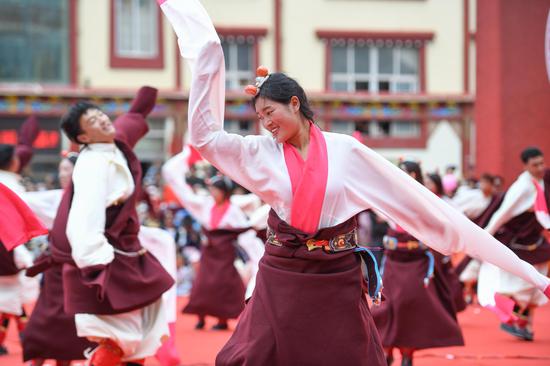
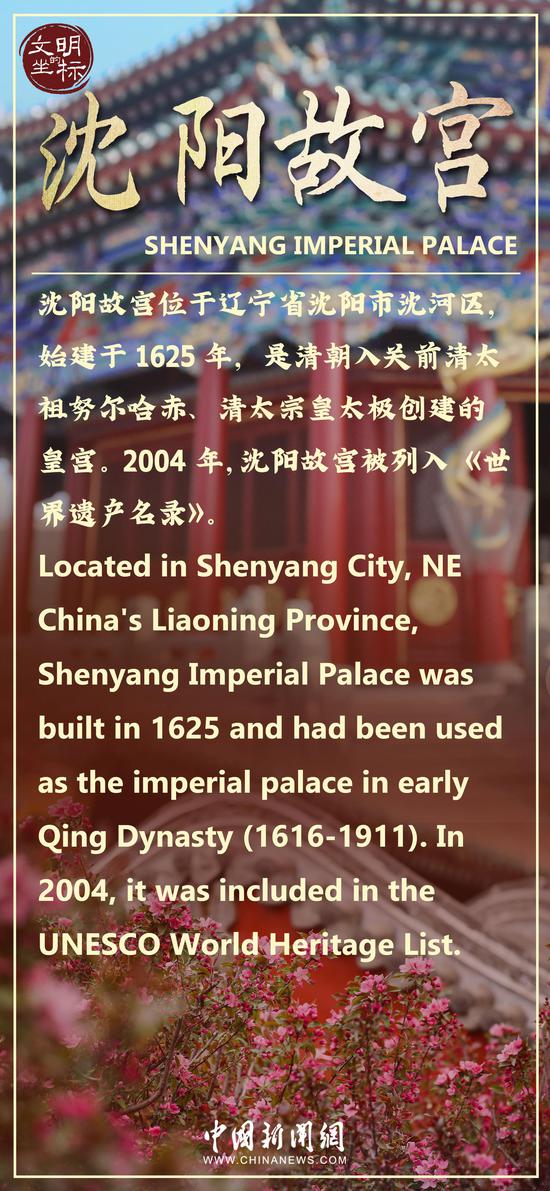




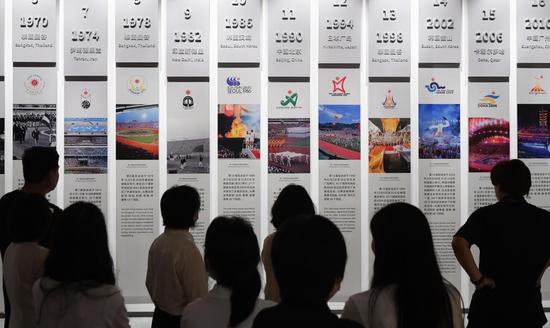
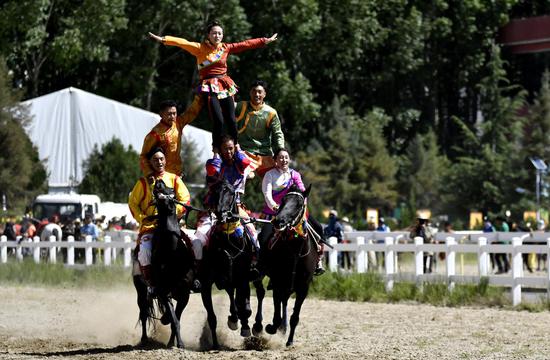








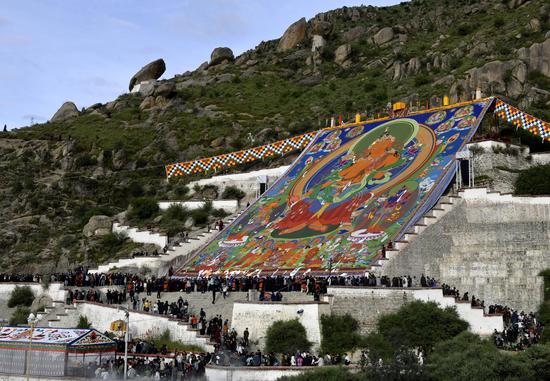


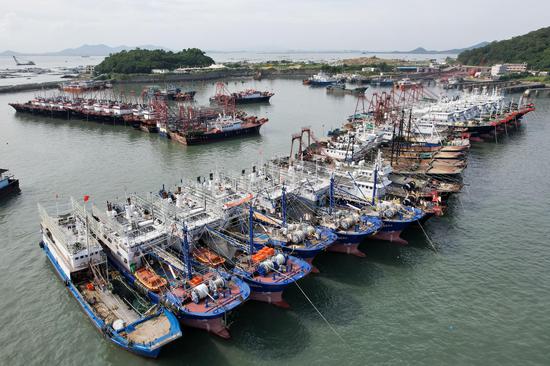



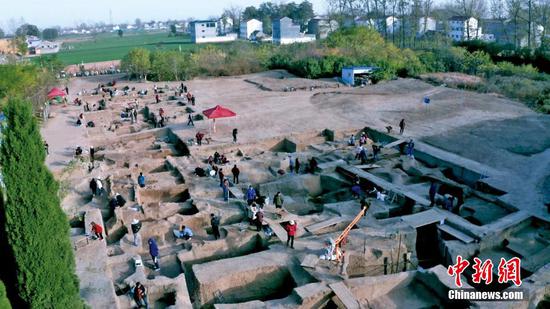
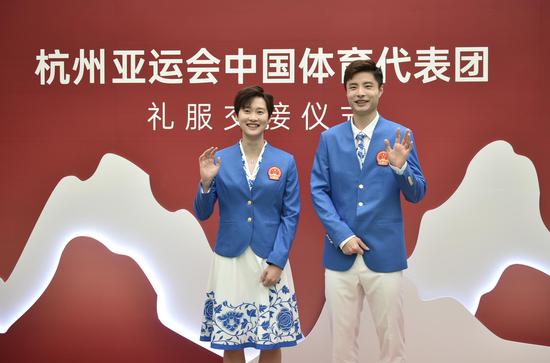

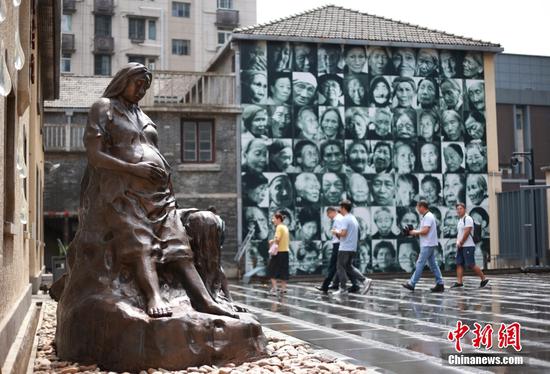

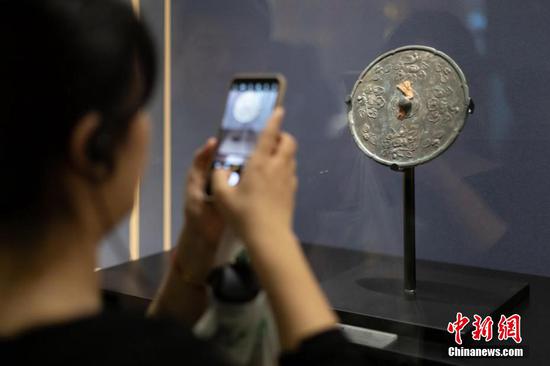




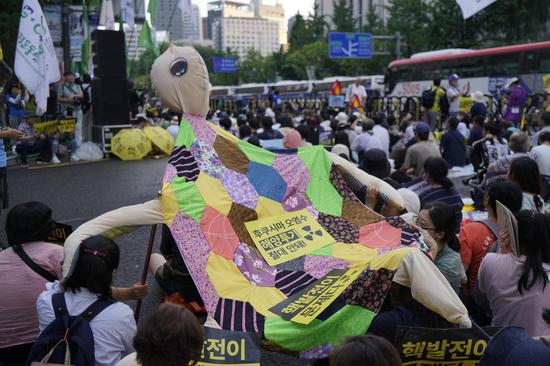






 京公網(wǎng)安備 11010202009201號
京公網(wǎng)安備 11010202009201號